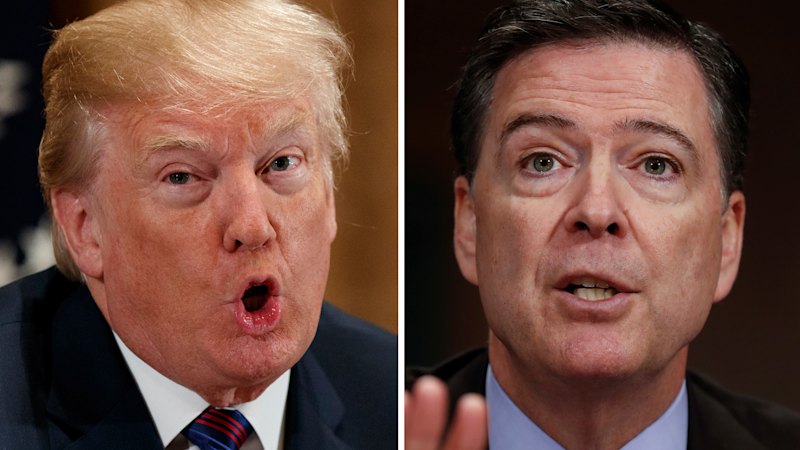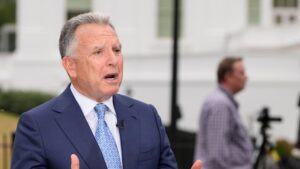
Former FBI Director James Comey entered a plea of not guilty on January 5, 2024, to charges alleging he lied to Congress and obstructed a congressional proceeding. The indictment, filed in the U.S. District Court for the Eastern District of Virginia, marks a significant chapter in a case that has drawn substantial media attention and political scrutiny.
The charges stem from Comey’s testimony during a Senate Judiciary Committee hearing in September 2020, where he was questioned about his previous statements regarding unauthorized leaks related to investigations involving Hillary Clinton and Donald Trump. According to the indictment, Comey made a false statement under questioning from Senator Ted Cruz, who referenced Comey’s prior testimony affirming he had not authorized any leaks.
During the hearing, Comey maintained his innocence and expressed an understanding of the charges against him. His attorney, Patrick Fitzgerald, a former U.S. attorney for the Northern District of Illinois, described it as “the honour of my life to represent Mr. Comey.” Fitzgerald indicated that the defense team believes the charges were brought at the direction of former President Trump, who had recently appointed Lindsey Halligan as the prosecutor in the case, following the resignation of her predecessor under pressure.
U.S. District Judge Michael Nachmanoff scheduled the trial for January 5, 2024, estimating it will last two to three days. Comey was released without bond, but Fitzgerald noted that the defense has not received comprehensive details about the charges, including the identities of individuals referenced in the indictment.
Prosecutors have indicated that a significant amount of evidence, including classified information, is involved, which could complicate the timeline for disclosure to Comey’s legal team. Judge Nachmanoff emphasized that he does not anticipate delays due to the government’s handling of evidence, stating, “This does not appear to me to be an overly complicated case.”
The backdrop to this trial is steeped in political tension. Comey was famously dismissed by Trump in 2017 while he was overseeing the investigation into Russian interference in the 2016 presidential election. Following the indictment’s announcement on September 25, 2023, Comey expressed confidence in a video on Instagram, stating he is “not afraid.” If convicted, he could face a maximum sentence of five years in prison.
Trump has publicly voiced his desire to see Comey prosecuted, urging Attorney General Pam Bondi to expedite actions against Comey and others. In a social media post on September 20, 2023, Trump declared, “We can’t delay any longer, it’s killing our reputation and credibility. JUSTICE MUST BE SERVED, NOW!!!”
This indictment has prompted intense debate about the role of the Justice Department under Trump. During a recent Senate Judiciary Committee hearing, Democrats raised concerns about potential political pressures influencing prosecutorial decisions. Senator Dick Durbin, the top Democrat on the committee, accused the Attorney General of weaponizing law enforcement to protect Trump and target his opponents.
Bondi, however, refuted claims that the indictment was politically motivated, asserting on social media that “No one is above the law.”
The case, identified as US v. Comey, 25-cr-272, continues to evolve as both sides prepare for a trial that promises to be closely monitored by both legal experts and the public alike.







